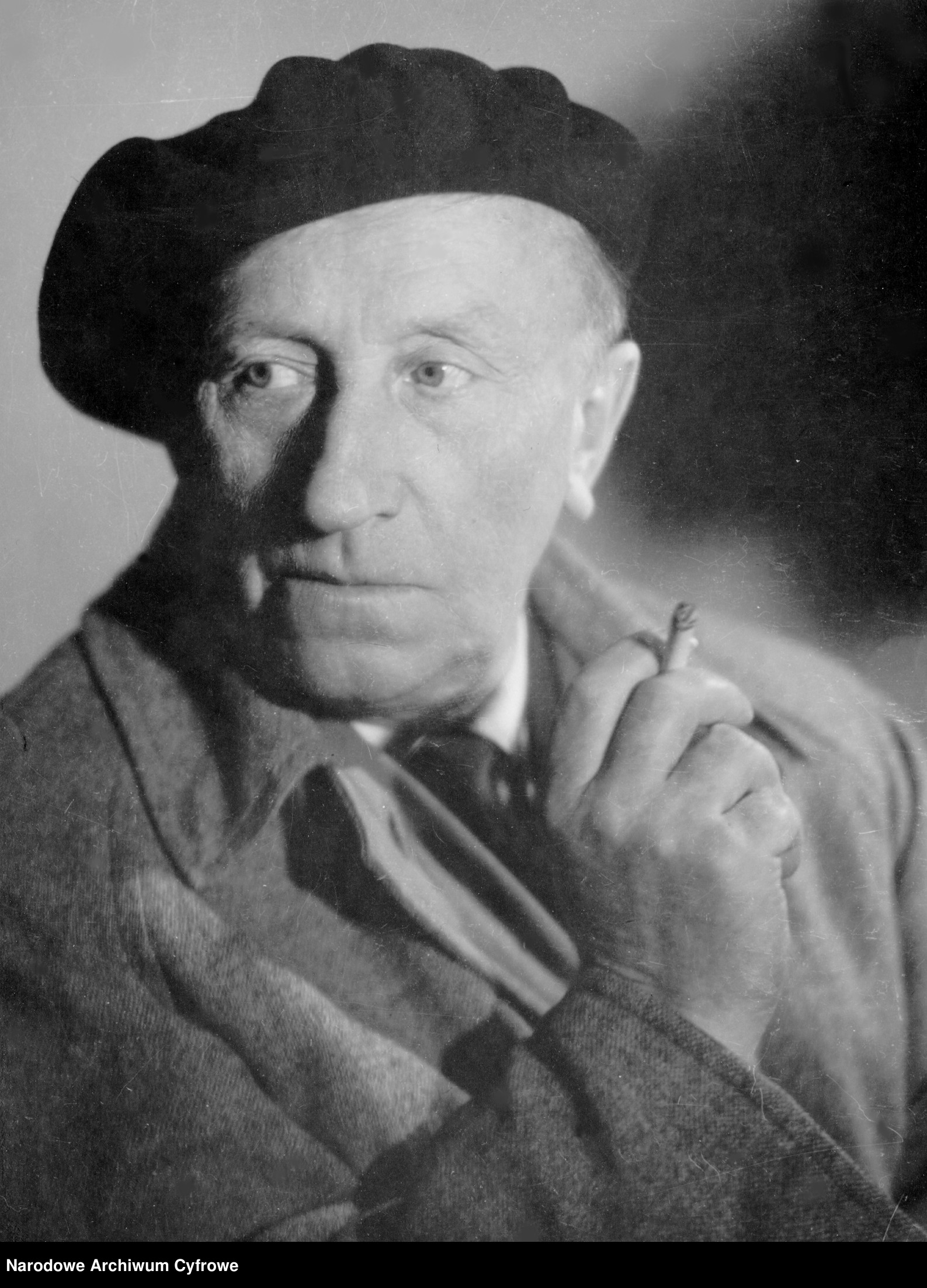On June 18, 1969, Jerzy Zawieyski, a prominent Polish writer, playwright, publicist, and Catholic activist, tragically passed away. Zawieyski, a co-founder and president of the Club of Catholic Intelligentsia, a deputy in the People’s Republic of Poland’s Sejm, and a member of the State Council, met a mysterious and untimely death. The circumstances of his demise remain unclear: “Did he jump or fall from the fourth floor of the government clinic?” wrote Stefan Kisielewski in his “Diaries.”

Zawieyski’s character was marked by a unique simplicity and naivety. He didn’t understand the harsh rules of the power game, the selfishness of those in power, or the conflicts of interest. Instead, he believed in the good intentions and reasonableness of the rulers.
He joined the Reduta Theatre, founded by Juliusz Osterwa, where he not only acted but also absorbed a deep sense of ethical responsibility and social commitment. This dual passion for the arts and activism characterized his life.
His entry into politics was driven by his belief in the need for moral and ethical standards in public life. As a member of the Sejm and the State Council, he was a rare voice of conscience during a time when Poland was under the strict control of the Communist regime. His outspoken stance after the events of March 1968, when the Communist government launched an anti-Semitic campaign and repressed student protests, marked him as a courageous but increasingly isolated figure.
Zawieyski’s tragic death remains shrouded in mystery and speculation. Some believe he was a victim of political intrigue, while others suggest he may have taken his own life under the pressure of his position and health issues. Regardless of the circumstances, his death was a significant loss to Polish culture and political life.
